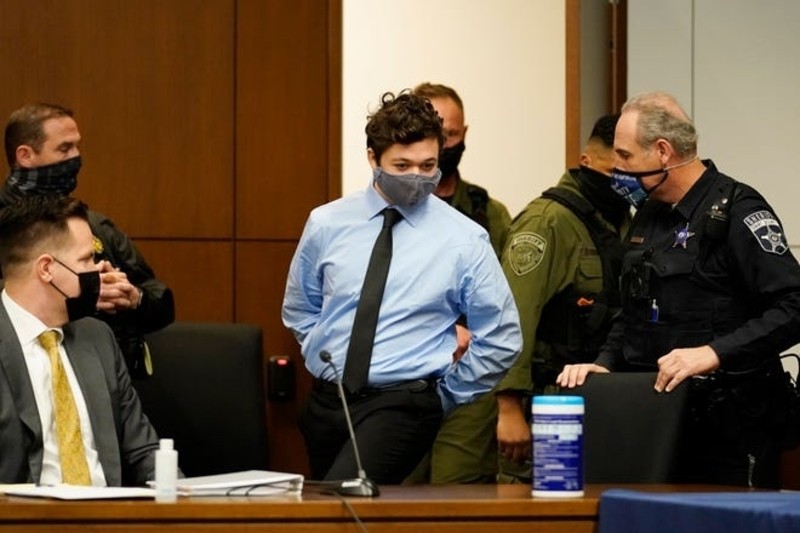An Illinois judge ruled Friday that Kyle Rittenhouse, accused of the deaths of two people during protests in Kenosha, Wisconsin, must be extradited to Wisconsin to face the charges. If found guilty, he could face life in prison.
Defense attorneys indicated prior to Friday’s hearing in Waukegan they could include witnesses, including Rittenhouse’s mother, to avoid extradition. However, once the hearing started lead defense attorney John Pierce redirected their strategy. Kyle Rittenhouse’s representation was pushing for him to be released from custody but the judge defined their request.
The deaths of two people occurred on August 25, days after the shooting attack on Jacob Blake by police in Kenosha, Wisconsin.
State-to-state extraditions are typically formalities, and judges rarely reject another state’s request to transfer a suspect. In fact, efforts to fight extradition are almost always in vain. But, they can help lawyers buy time to gather evidence and prepare a defense.
In Wisconsin, Rittenhouse is facing charges of first-degree manslaughter, which carries a life prison sentence. Rittenhouse is also being charged with attempted murder by wounding a third protester, as well as a misdemeanor for possession of firearms by minors.
A day after the shooting, Rittenhouse turned himself into police in his Illinois hometown of Antioch. His hometown is located about 10 miles southwest of Kenosha. Earlier this month, a judge ruled Rittenhouse would not face any charges in his home state but was still in custody local juvenile detention center with charges pending in Kenosha.




